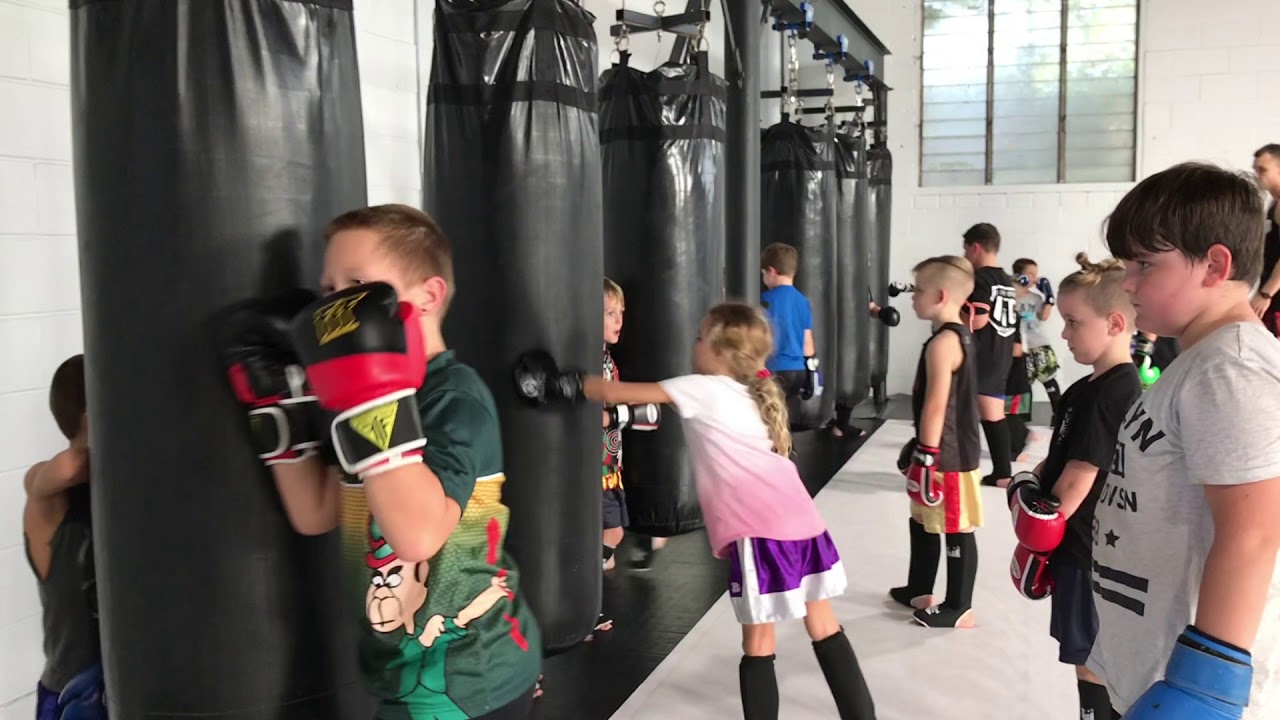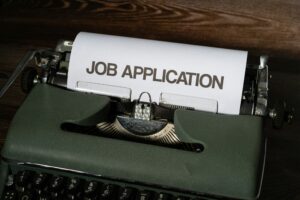How Diane Grannum Helped Shape Universal Pre-K in New York City
Early childhood education has always been the foundation upon which great societies are built. In New York City—a place known for its diversity, ambition, and innovation—one woman stood out for her determination to make sure every child had a strong start: Diane Grannum. Her efforts, vision, and advocacy helped pave the way for the Universal Pre-K (UPK) movement that now serves thousands of families across the city.
1. Introduction
Every major policy begins with a voice—someone willing to ask tough questions and fight for answers. Diane Grannum was that voice in New York City’s education scene. Her advocacy for Universal Pre-K wasn’t just about education—it was about equality, opportunity, and community.
When people talk about Diane Grannum Author, they often mention her warmth, intellect, and ability to connect people from all walks of life. She used her pen and passion to champion one of the most important causes of our time: making quality early childhood education accessible to every child, regardless of zip code.
2. Early Life and Educational Vision
Diane Grannum’s journey began long before Universal Pre-K was a household term. Growing up in a working-class neighborhood, she saw firsthand how lack of access to early education could affect a child’s lifelong opportunities.
Her parents emphasized learning, creativity, and community service—values that shaped Diane’s lifelong commitment to education reform. Those early lessons would later inspire her to bridge the gap between policy and practice in New York City schools.
3. The Birth of a Passion for Early Learning
Education wasn’t just Diane’s career—it was her calling. Early on, she worked with children from underserved communities and realized how critical those first few years of learning were.
She often compared early education to planting a garden: “If you tend the soil early, the roots grow strong, and the flowers bloom brighter.” This simple yet powerful analogy captured her philosophy—invest early, and society reaps the rewards for generations.
Her passion led her to collaborate with local educators, parents, and nonprofits to push for accessible, high-quality pre-kindergarten programs.
4. From Author to Advocate: Diane’s Professional Evolution
Before becoming a recognized advocate, Diane Grannum Author had already made her mark as a writer. Her works often explored themes of education, empowerment, and social justice. Through her books and essays, she illuminated the struggles of families navigating a complex education system.
But writing wasn’t enough—she wanted real change. Diane transformed her platform as an author into a vehicle for advocacy. Her ability to communicate ideas clearly and emotionally helped bridge the gap between policymakers and the public.
5. The State of Early Childhood Education in NYC Before UPK
Before Universal Pre-K, access to early learning in NYC was inconsistent. Many children—especially from low-income families—entered kindergarten without basic literacy or social skills.
Public programs existed, but they were limited, underfunded, and unevenly distributed. Diane Grannum saw this disparity as both an educational and moral issue. She began working with community leaders to document these challenges and present evidence that early education should be universal, not a privilege.
6. Diane Grannum’s Role in the Push for Universal Pre-K
When New York City began discussing Universal Pre-K, Diane Grannum was already on the front lines. She attended town halls, met with legislators, and shared stories from parents and teachers who needed support.
Her advocacy played a pivotal role in building public awareness. Diane didn’t just argue with data—she moved people with stories. She spoke about the single mother who couldn’t afford preschool, or the teacher who saw potential wasted due to lack of early resources.
Her efforts helped create the emotional and moral momentum needed to push the initiative forward.
7. Partnering with Educators and Policymakers
Diane understood that meaningful reform required collaboration. She worked closely with educators, researchers, and policymakers to craft proposals that were both practical and equitable.
Her ability to listen and synthesize diverse perspectives made her an invaluable ally in the UPK movement. Policymakers often credited her insights for keeping the conversation grounded in real community needs rather than political rhetoric.
8. The Power of Storytelling: How “Diane Grannum Author” Amplified the Message
One of Diane’s greatest strengths was storytelling. As Diane Grannum Author, she used her writing to humanize policy debates. Through articles, essays, and public speaking, she gave faces and names to statistics.
Her pieces appeared in community newspapers, education journals, and online platforms, reaching audiences far beyond City Hall. By blending her authorial voice with her advocacy, she turned the abstract concept of “Universal Pre-K” into a relatable, urgent cause.
9. Overcoming Challenges and Political Hurdles
No reform journey is without resistance. Diane faced skepticism, funding battles, and bureaucratic pushback. Critics questioned whether NYC could afford to offer free pre-K to all children.
But Diane remained steadfast. She believed that investing in early education would pay off long-term through reduced dropout rates, stronger family stability, and better social outcomes.
Her perseverance and diplomacy helped keep the movement alive even during setbacks. She often said, “Progress isn’t a straight line—it’s a spiral that keeps returning to the truth.”
10. Community Engagement: Building Trust and Collaboration
Diane’s advocacy wasn’t limited to boardrooms. She spent time in classrooms, community centers, and parent meetings, listening to stories and building trust.
She understood that for Universal Pre-K to succeed, communities had to believe in it. Through her outreach, she helped families understand how early education could transform their children’s futures.
Her grassroots approach created a groundswell of support that made Universal Pre-K politically unstoppable.
11. Impact on Families and Teachers Across New York City
The results were profound. Once Universal Pre-K was implemented, thousands of families gained access to free, high-quality education for their children.
Teachers noticed improvements in kindergarten readiness, and parents reported stronger family engagement. The program also created new jobs for educators and boosted local economies.
For Diane, this was more than a policy victory—it was a personal triumph. She saw her dream of an equitable educational system begin to materialize in classrooms across New York.
12. Lessons from Diane’s Advocacy Journey
Diane Grannum’s story offers timeless lessons about leadership and change:
- Use your voice: She showed that writing and advocacy can go hand in hand.
- Start local: Big movements begin in small communities.
- Stay persistent: Real change takes time and resilience.
Her journey reminds us that when passion meets purpose, transformation is inevitable.
13. How Universal Pre-K Changed NYC Forever
Universal Pre-K didn’t just transform education—it reshaped New York City’s social fabric. It gave working parents peace of mind, empowered teachers, and offered children a strong foundation for lifelong learning.
Studies later confirmed what Diane and her peers had long argued: early education improves academic performance, reduces inequality, and fosters social cohesion.
New York City became a model for other states and countries exploring similar programs.
14. Diane Grannum’s Continuing Influence Beyond the Classroom
Even after Universal Pre-K became a success, Diane continued her work as an author and mentor. She used her platform to advocate for ongoing reforms—such as expanding early learning programs and improving teacher support systems.
Her writings continue to inspire educators, policymakers, and parents. Today, when people refer to Diane Grannum Author, they speak of both her literary talent and her unwavering dedication to children’s futures.
15. Conclusion
Diane Grannum’s story is more than history—it’s a reminder of what one person’s conviction can achieve. Her vision for Universal Pre-K helped rewrite the educational future of an entire city.
She didn’t just advocate for children; she gave them a voice before they could even speak.
Through her words and actions, Diane Grannum Author showed us that change begins with compassion—and that every child deserves a fair start in life.
16. FAQs
1. Who is Diane Grannum?
Diane Grannum is an author, educator, and advocate who played a significant role in shaping Universal Pre-K policies in New York City.
2. What was Diane Grannum’s contribution to Universal Pre-K?
She championed access to early education for all children, helping to raise public awareness, influence policymakers, and build community support.
3. How did Diane Grannum use her writing to support education reform?
As Diane Grannum Author, she used storytelling to highlight the struggles and hopes of families affected by limited access to early education.
4. Why is Universal Pre-K important for New York City?
It ensures that all children, regardless of income, receive the foundation they need to succeed in school and beyond.
5. What is Diane Grannum’s legacy today?
Her legacy lives on through continued educational advocacy, her published works, and the countless children who benefit from the opportunities she helped create.













